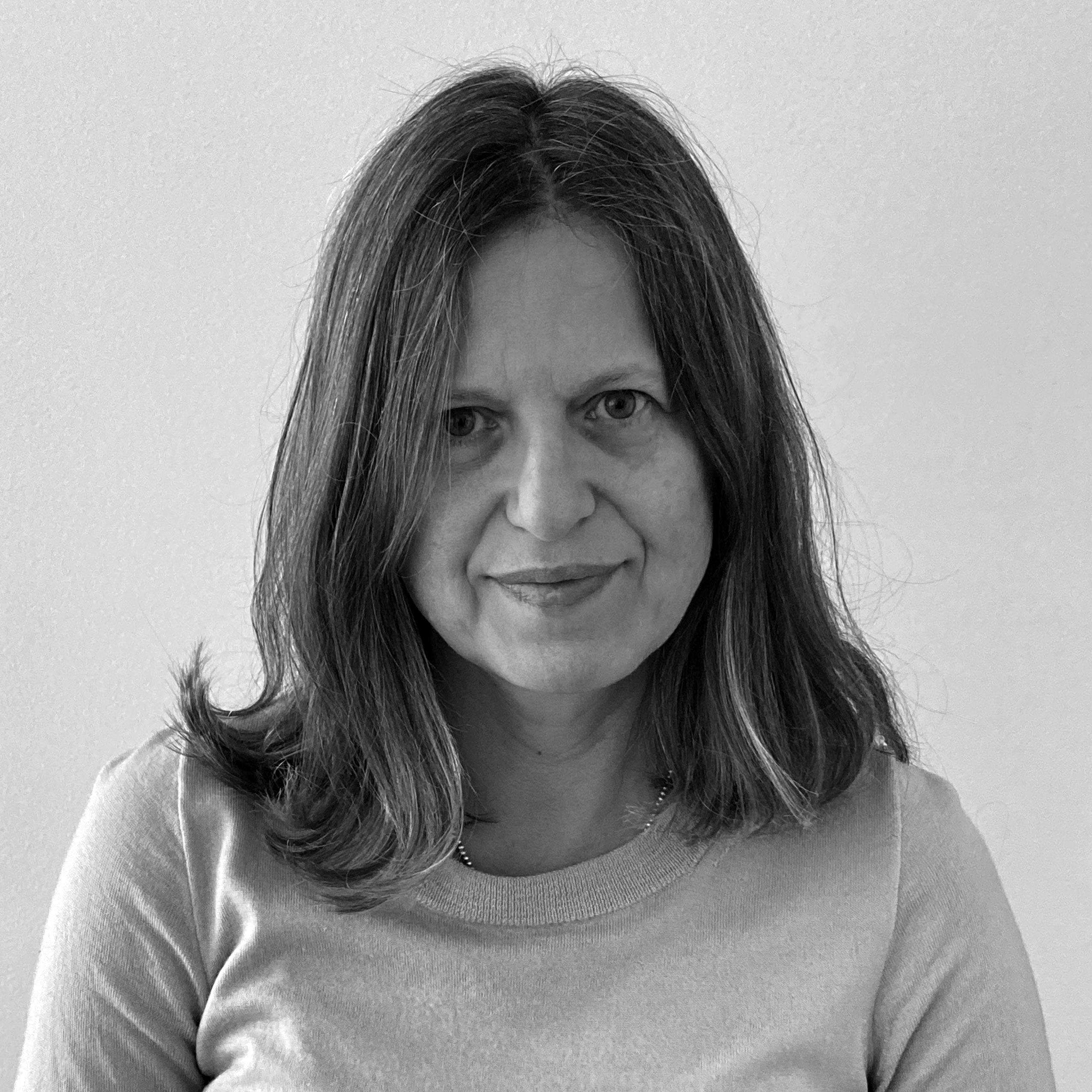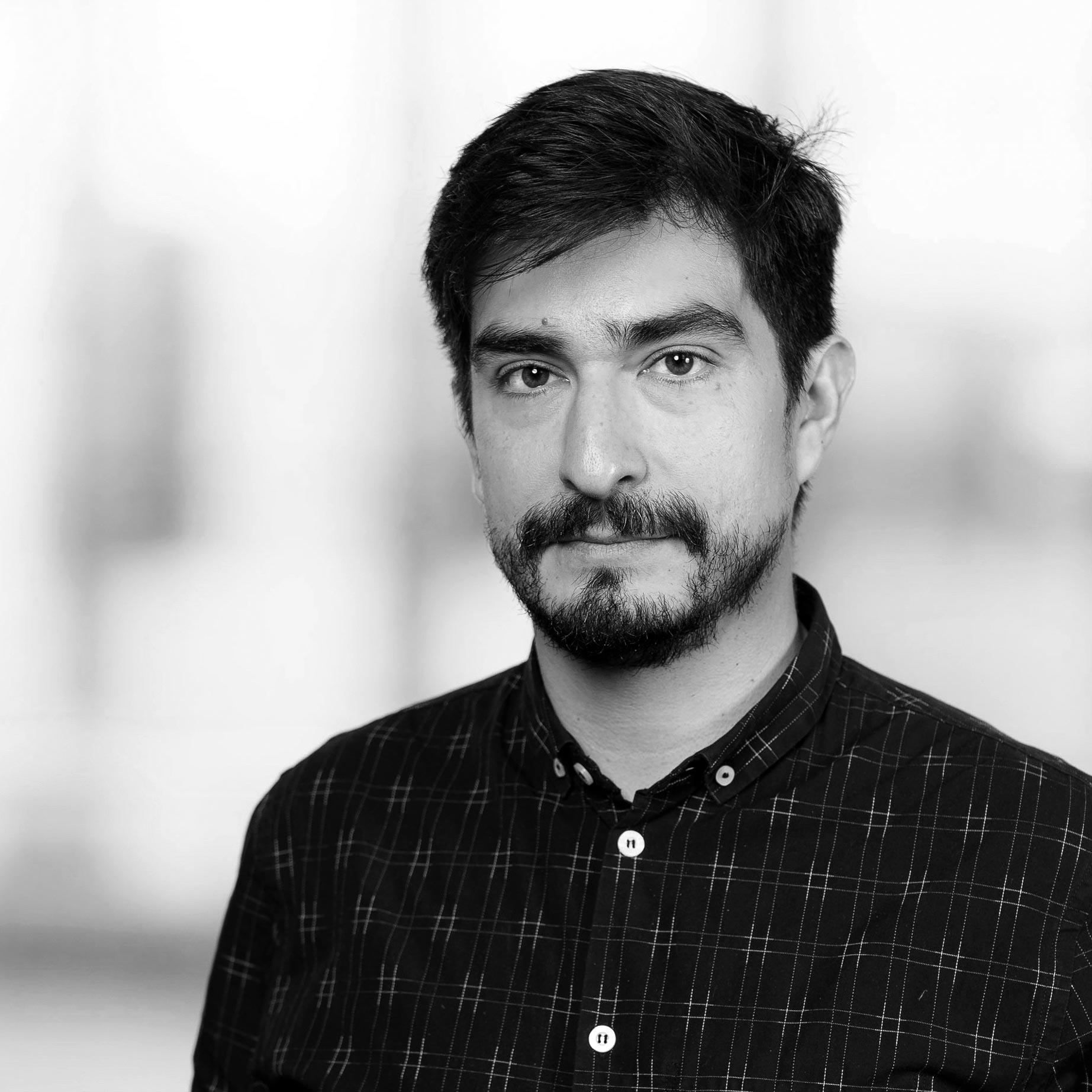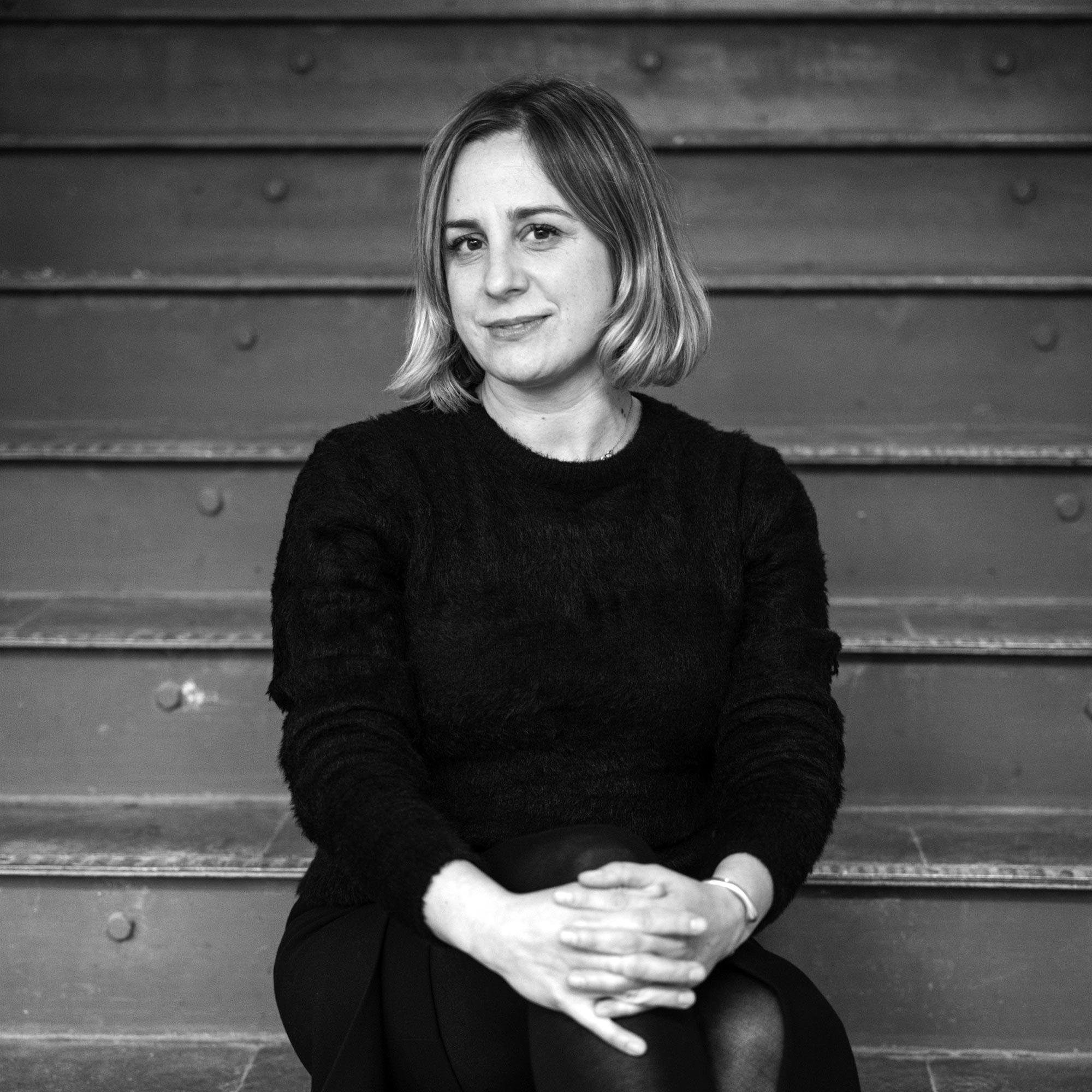Marina Otero Verzier is head of the Social Design Masters at Design Academy Eindhoven. The program focuses on design practices attuned to ecological and social challenges. In 2022, she received the Harvard Graduate School of Design’s Wheelwright Prize for a project on the future of data storage. From 2015 to 2022, she was the director of research at Het Nieuwe Instituut, where she led initiatives focused on labor, extraction, and mental health from an architectural and postanthropocentric perspective, including “Automated Landscapes,” and “BURN-OUT.” Previously, she was director of Global Network Programming at Studio-X, Columbia University Graduate School of Architecture, Planning, and Preservation in New York City. Otero has been a cocurator at the Shanghai Art Biennial 2021, curator of the Dutch Pavilion at the Venice Architecture Biennale in 2018, and chief curator of the 2016 Oslo Architecture Triennale. She has coedited Lithium: States of Exhaustion (Ediciones ARQ and Het Nieuwe Instituut, 2021), the second issue of Dixit “A Matter of Data” (Cosa Mentale, 2021), More-than-Human (Het Nieuwe Instituut, 2020), Architecture of Appropriation: On Squatting as a Spatial Practice (Het Nieuwe Instituut, 2019), Work, Body, Leisure (Het Nieuwe Instituut and Hatje Cantz Verlag, 2018), and After Belonging: The Objects, Spaces, and Territories of the Ways We Stay in Transit (Lars Müller Publishers, 2016), among others.



